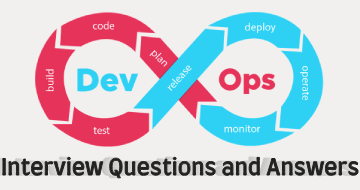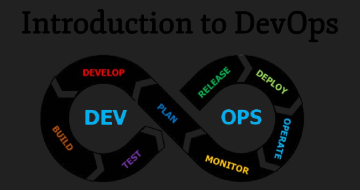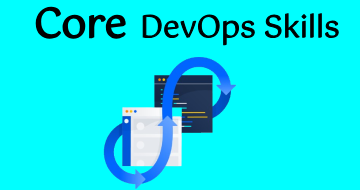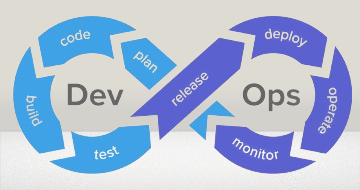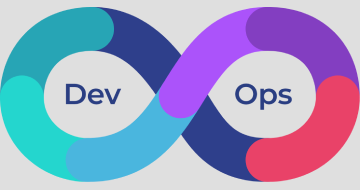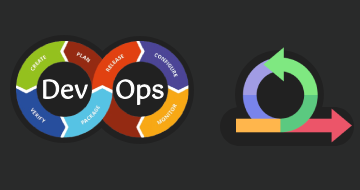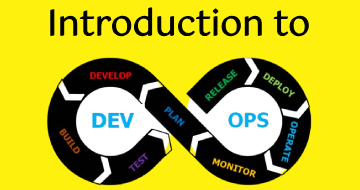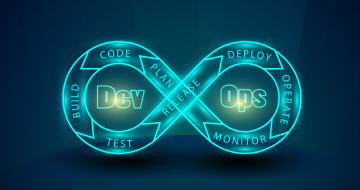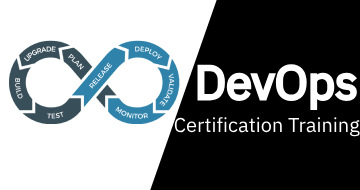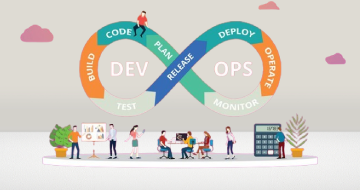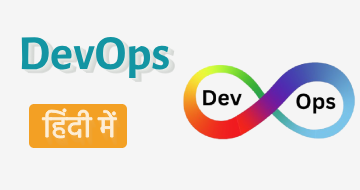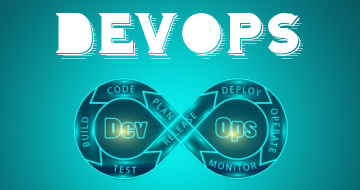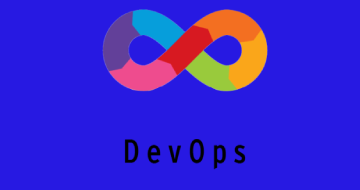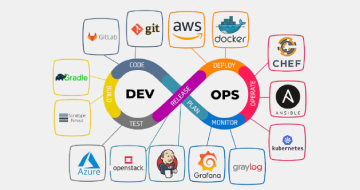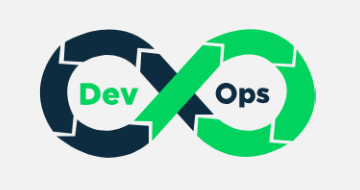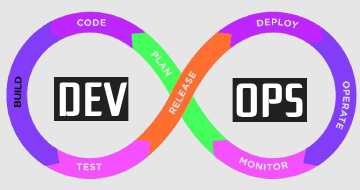IBM: DevOps Basics for Everyone by Edx
This course is intended to help launch your career as a DevOps Professional. In this course you will learn to think, work, organize and measure DevOps - skills that you can use to build better products.
Course Highlights
- Describe how working in a DevOps environment requires a different set of behaviors.
- List the DevOps culture’s benefits, and the associated skills, technology, tools, processes, methodologies, and metrics.
- Explain how to build a culture of shared responsibility, transparency, and embracing failure using DevOps methodology and principles.
- Summarize the core concepts of DevOps, Delivery, Infrastructure as Code, Test Driven Development and Behavior Driven Development.
- Define how to implement guiding principles including software engineering fundamentals, infrastructure, microservices, automated deployments, and building resilient code.
- Identify the organizational impact of DevOps by breaking down silos, working in cross functional teams, sharing responsibilities, and creating a blameless environment.
Skills you will learn!
Curriculum
7 Topics
Business Case for DevOps
DevOps Adoption
Definition of DevOps
Essential Characteristics of DevOps
Leading up to DevOps
XP Agile and Beyond
A Brief History of DevOps
8 Topics
Social Coding Principles
Git Repository Guidelines
Working in Small Batches
Minimum Viable Product
Test Driven Development
Behavior Driven Development
Cloud Native Microservices
Designing for Failure
6 Topics
Taylorism and Working in Silos
Software Engineering vs Civil Engineering
Required DevOps Behaviors
Infrastructure as Code
Continuous Integration
Continuous Delivery
3 Topics
Organizational Impact of DevOps
There is no DevOps Team
Everyone is Responsible for Success
5 Topics
Rewarding for "A" while hoping for "B"
Vanity Metrics vs Actionable Metrics
How to measure your culture
DevOps maturity in your organization
Comparison of DevOps to SRE
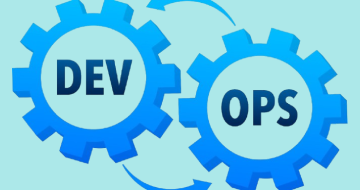
IBM: DevOps Basics for Everyone
